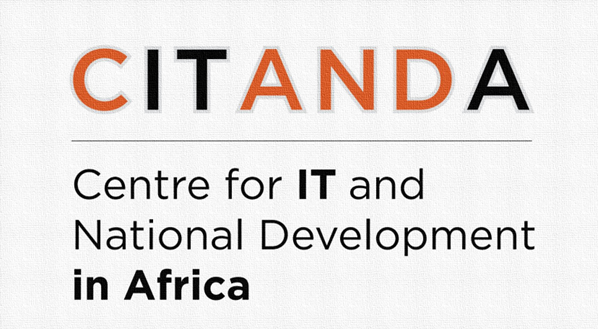Abstract
We investigate the early-stage implementation of a smartphone-based acute flaccid paralysis (AFP) surveillance project in communities experiencing armed conflicts in Nigeria. We aim to expose factors influencing the early-stage implementation of smartphone-based AFP surveillance in two rural communities experiencing armed conflicts in Northern Nigeria. Thus, exploring “what works, for whom and under what contextual conditions?” in the early-stage implementation of a smartphone-based AFP surveillance project, given the involvement of multiple stakeholders. We adopted stakeholder theory as a lens to guide the study. We adopted a qualitative case study method, realist philosophy, semi-structured interview, participatory observation, and thematic data analysis. The findings reveal mechanisms (sense of connectedness, ownership, fear) and contextual conditions (infrastructural challenges, healthcare workforce, security constraints) influencing early-stage implementation. We postulate a model that explains the factors influencing the early-stage implementation of the smartphone-based AFP surveillance project in security-constrained communities.
Included in
Community Health and Preventive Medicine Commons, Health Information Technology Commons, Management Information Systems Commons


